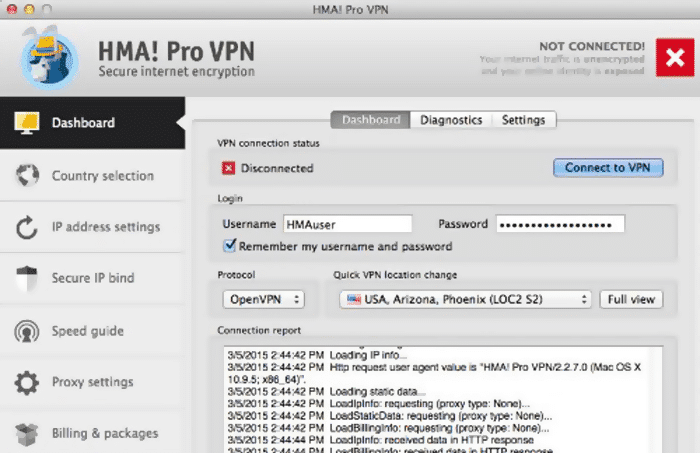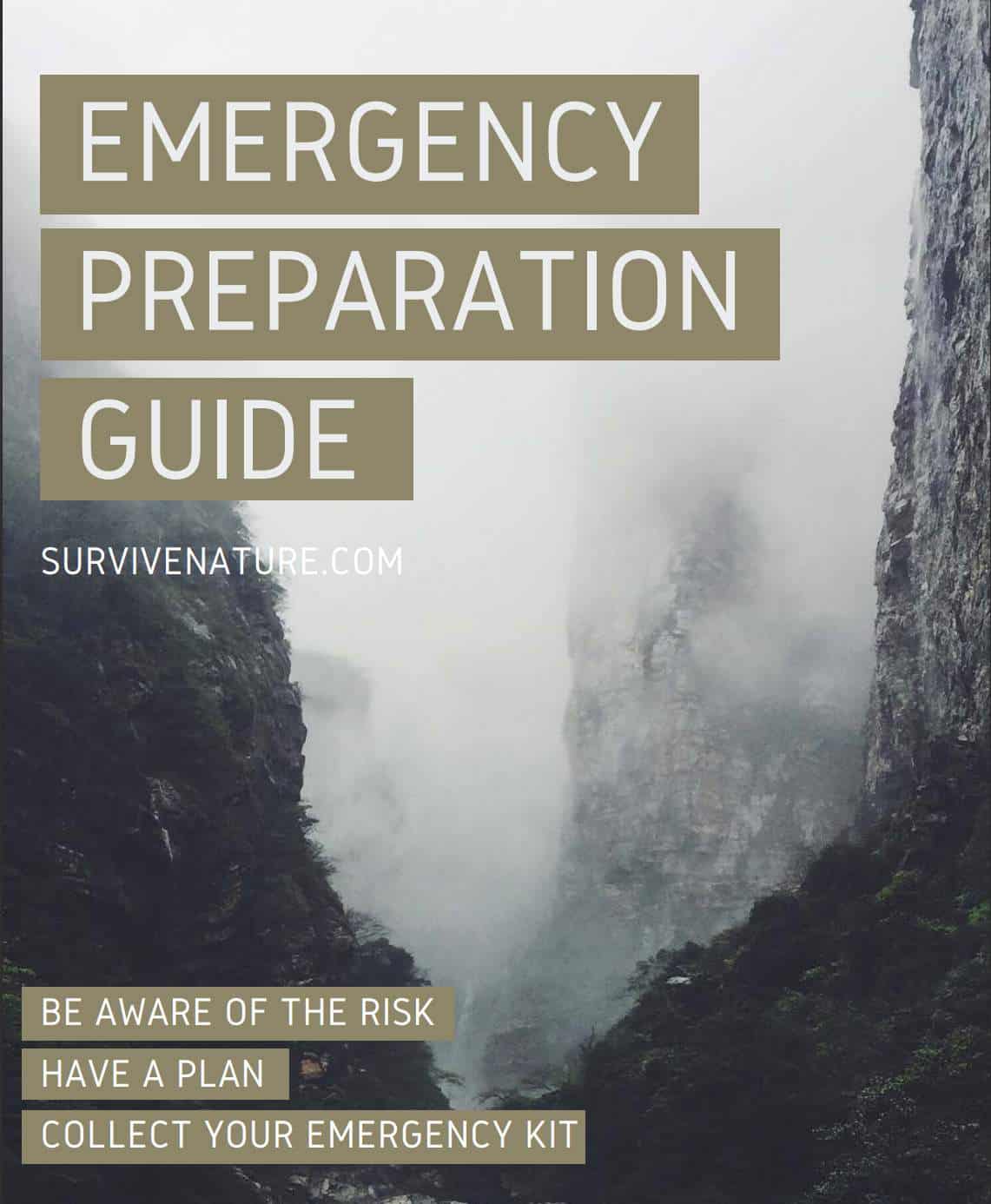Why should one surf anonymously? It’s not a secret that surfing the internet will reveal your location and endanger your person — who knows what aims one should pursue to discover your place. It’s is important to camouflage your IP address to preserve anonymity. Learn what tricks are at your disposal beyond VPN and browse YouTube, Google, and Facebook safely.
Whenever you go online and surf the web, whatever websites you visit, whenever you choose to download a file or make an online purchase, you should know that each Internet step that you take can be tracked. IP address tracking is not just a joke among the ever-toxic Internet trolls and such. It IS possible to find an Internet user via their IP address. And there are even more ways of tracking your online activity.
So if you want to find out how to surf anonymously without getting tracked, read this article. Below, you will learn:
- Why you might want to preserve your web activity;
- How internet users are tracked;
- Instructions on how to surf anonymously.
Go to our survival education manual and be prepared for whatever! Also on the site, you will find lots of info concerning survival inside your your house or even desert survival conditions, the first-class survival tools, and important survival competencies all you actual preppers, homesteaders, and survivalists out there ought to have and train!
Why is it Essential to Stay Anonymous Online?
Why should you consider safe surfing and try to avoid being tracked during web browsing?
All around the world, people choose to surf anonymously for one basic reason:
- They want to keep their web browsing history untracked by third parties.
As paranoid as it may seem, whenever you go on the Internet, you are being watched, and there are chances that your web history may become subject to close examination. By whom? Well, to name a few, by curious (or even hostile) hackers, cyber freaks, government services, banks, commercial websites. Your whole internet traffic may be tracked and examined. And your whole online life may be scrutinized.
This is pretty much similar to what you see in the movies. With enough technologies and skills, someone can find out what sites and online shops you like to visit, what operating system you use, what your social network activity is, what streaming services you’re subscribed to, what kind of articles you read, and what kind of video content you watch, not to mention your online financial activity that is also possible to track. Basically, as of 2021, it is safe to say that there is no such thing as online anonymity – unless you take care of it.
When surfing the web anonymously, you can rest assured that your online history is in no way leading back to you.
When you choose to stay anonymous online, you choose to take care of your own online privacy protection. And there is a bunch of ways to do this. People use elaborate privacy settings or an incognito mode, hide their IP address with web proxy services and VPN web browsers or special VPN browser extensions, and such. This article will touch upon one of the most effective ways to preserve your online privacy.
Another reason to get concerned about protecting online privacy and keep anonymity online is the threat of becoming a victim of a cybercrime. Now, for some, cybercrimes may seem distant and have no straight relation to their private lives. Many people still think that real-life threats are the only thing you should worry about. While there is still a great deal of danger in the streets, cybercrimes should not be taken lightly. In fact, they are currently getting bigger and will become much more of a problem in the nearest future.
As digital and “unreal” as it may seem, take our word for it, should you become a victim of any kind of cybercrime, be it online fraud, banking data breach, cyberbullying, cyberstalking, or just an identity theft – it’s when an unknown third party gains access to your personal data to present themselves as you – you will realize how “real” cybercrimes can get. Because the line that separates your online identity and the actual you are extremely thin.
So before we get into the details on how your online activities are being tracked and what to do to keep your web anonymity, keep in mind that the further information is purely educational:
- Everything you will learn about browsing the web anonymously should not be used for illegal purposes.
With that being said, let’s dive into IT security and anonymous surfing.
- But before we begin, make sure to follow the link and bookmark the page with an article on 78 survival items you will need to build the ultimate end-of-day survival shelter.
How Does the Online Web Tracking Work?

As a starting point in our anonymous surfing journey, let’s clear this out:
- Every single network connection has an individual digital ID called an IP address.
To grasp the concept of an IP address, think of it as a regular street address of a house you live in.
Whenever you’re on the net, your network connection shows your individual IP address. Bad thing it can be used by a third party to gain access to your online activities. All sorts of government departments, commercial websites, internet service providers, hackers, and cyber freaks – all of them can track your surfing history.
To secure your online privacy, you must hide the IP address that is automatically assigned to your computer.
Back in the day, hiding a digital ID on a computer was not an easy matter. But as technologies developed, it became easier. And today, you can hide your web ID in just a matter of minutes.
During the procedure, you will have to substitute your current web ID with an anonymous one. The anonymous IP address will belong to a distant computer server far away from where you actually are.

In case you’re getting a bit confused with all this anonymous surfing abracadabra, we will try to break down these surfing security measures using something everyone knows from their everyday lives: mailboxes.
That’s right, hiding computer IP addresses is basically just the same as using a mailbox.
It’s like when you receive or send mail using a mailbox that is not actually right in front of your own house. When you substitute your actual IP address with a fake one, you are able to browse anonymously without worrying that your browsing habits, your online privacy, or your very personality will get exposed.
In the next section, we will give you an example of how to browse websites anonymously without jeopardizing your online privacy and personal data.
Anonymous Surfing Via Virtual Private Network
VPN is the easiest and the most popular way to ensure your online anonymity.
This section of our anonymous surfing guide will show you what a VPN service is and how to use a VPN to hide your browsing habits and secure your network privacy.
What’s a VPN?
VPN stands for Virtual Private Network, and it’s a service that experienced internet users utilize for secure network connection to be able to surf the web anonymously. Today, VPN tools are often included in web browsers as additional options. You may look for such an option on your web browser or search for a VPN extension in a web browser store. For instance, a Google Chrome web store.
VPN browsers like the infamous Tor browser provide access to the deeper regions of the Internet, allowing users to surf sites that are not available via Chrome, Safari, Opera, or Microsoft Internet Explorer browsers.
How Does an Anonymous VPN Service Function?
Here’s what an internet connection looks like:
The concept is unbelievably simple. You use your computer to reach websites all over the world. You share data, communicate, upload and download files, choose products and purchase them. And this is basically what the Internet is in a nutshell.
But, as you already know, it lacks anonymity. If needed, a third party can gain access to your purchase, social network activity, and all the personal data. You can take our word for it, and just an hour online is what it takes to let the Internet know everything about you.
And that is why you might want to use a VPN that adds one extra link to the aforementioned scheme. And now that you’re using a VPN, the scheme looks like this:
Your PC – a VPN server – WWW
In this case, VPN providers assign a fake network ID to your PC, thus making your online action untrackable. To put it simplу, that means that while you’re browsing internet sites sitting at your home somewhere, say, in Atlanta, VPN providers make it look like you’re surfing the net all the way down in Norway.
Sounds fantastically tempting? So why don’t you try this for yourself? Check out how to secure your home network using a VPN in the next section.
Using a VPN Server
We will show how to hide your IP address via VPN by using HMA VPN software.
HMA (stands for HideMyAss) is one of the biggest VPN providers out there. And when it comes to masking IPs, you may look no further than HMA.
While there are many free services providing VPN IP masking, HMA is not free-of-cost. But what that means is that with this VPN tool, you get what you pay for –
- With a daily payment of only seventeen cents, you get access to almost a thousand VPN servers all over the world!
- Here in the USA, you will get access to more than forty-seven thousand IP addresses you can use to surf the web anonymously.
So the first step on your way to secure web surfing is signing up for HMA.
Your second step is downloading and installing HMA on your device.

HMA runs on MAC, PC and Linux, iOS, and Android.
When you have downloaded the compatible version, run it and enter your username and password to use the software. Then choose a VPN server, hit the Connect button, and you’re ready to go!

The software will operate in a background mode providing you with secure network surfing.
- Have you bookmarked our 78 survival item guide? Not yet? Then do it right now! Follow the link to the ultimate guide on how to build your own survival shelter!
One more piece of advice:
- When choosing a VPN server location, remember that the further the remote server is, the slower your connection speed may get. So what is the point of secure surfing when the surfing speed tends to drop to zero?
However, this is not the only way to ensure online anonymity. In the final section of our guide, we show you how to stay anonymous using proxy servers.
Anonymous Surfing Via Proxy Servers
Another way to keeping your online identity intact is using proxy servers. But what is a proxy server, and how does it differ from the aforementioned Virtual Private Network?
A proxy server is a medium between your device that you’re using to browse the web and sites you’re visiting. You might want to use a proxy server to hide your computer’s IP and secure the data. When using a proxy server, you are substituting your IP with the one from a web proxy service, so the site you’re on cannot track you back to your actual location.
To use a web proxy server, you will need to visit one of the numerous proxy websites—for instance, a HideMe proxy website.
The key difference between using web proxy servers and VPN tools is that the latter serves as a standalone tool with an extended set of features such as:
- Protecting your entire network traffic (not only your web browser);
- Encrypting the connection (proxy servers don’t encrypt it);
- Keeping your network activity hidden from your Internet Service Provider.
An anonymous surfing noob will ask: “Should I choose a web proxy server or a VPN?” And the question will be: “Go for a VPN.” This is the best way of protecting network privacy that allows you to receive and share data anytime and anywhere.
Conclusion
As you can see, today, protecting your privacy while browsing the web has become very easy. Whatever you decide to choose, proxy servers or VPNs, you may rest assured that your networked activities stay untracked. And blocking access to your network identity and your whereabouts is crucial for any prepper.
FAQs
How to Stay Anonymous Online?
There are a few ways to keep your network anonymity:
- Using proxy servers;
- Using VPNs;
- Using standalone encryption browsers that hide a user’s identity and utilize their own search engines. For instance, the Tor browser.
Apart from that, you should consider cleaning up browser cookies at all times on your Google Chrome or another regular browser.
Why Surf Anonymously?
Network security is crucial these days. As internet technologies develop, the ways of network tracking and cyber fraud also upgrade. Whenever you surf the web, make a purchase, or enter any kind of personal data online, it all can be tracked and used against you.
Some choose to stay anonymous while browsing the web because of the government, and some just want to protect themselves from cybercrimes. But whatever the reason is, learning the ways to browse the net safely is worth it.
How to Search Google Anonymously?
The easiest way to anonymously use the Google search engine is to turn on the incognito mode in your browser. This mode will not keep track of your online activity in the browser’s history. Another option is more elaborate and, as a result, more secure – it is using a web proxy.
When using the Google search engine with a proxy, you stay untracked by the web because your computer’s IP is replaced with a proxy server’s IP. This option works for any kind of search engine.
How to Hide Web Browsing at Work?
Keeping your web activities at work secret is easy. Whichever browser you use, to stay untracked, you must keep the browsing history clean. To do that, just switch on the incognito browsing mode.
How Does a Web Page Come Back to You and Not Someone Else?
When you go online, your PC gets connected to the internet servers housing website pages. Each of them has their individual address (a domain name), just like your PC does. So when you enter any kind of data or give a command, it all travels through the server to the webpage you’re on. After that, the information goes back through the same server to your PC using your PC’s unique IP address.



